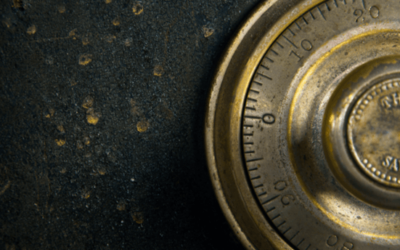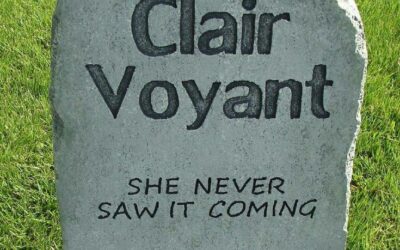Understanding the process between what assets form part of your estate and those that don’t can be easily explained

It is often misunderstood about what assets form part of a person’s estate upon death. Such misunderstanding often stems from confusion as to the nature of the asset structure, the distinction between legal and beneficial ownership, trust relationships and the rights that are assigned to those relationships. Did you know that not all assets form part of someone’s estate upon death?
Assets that form part of an estate:
Only assets that are in the individual’s name form part of their estate. For example, these may include, but are not limited to, the following:
- personal items, bank account held in a sole name;
- real property held by a person solely, or a share in property held as tenants in common;
- listed securities or shares in private companies held in the person’s sole name;
- units in a unit trust held in the person’s sole name;
- loans that are due and payable to a person in their sole name;
- superannuation if the nomination is to the estate;
- life insurance proceeds if the proceeds are payable to the person’s estate;
- Digital assets held by a person in their own name.
Similarly debts or liabilities owed by an individual would also form part of their estate. For example, credit cards, vehicle or personal loans, or private loans between individuals.
Assets that do not form part of an estate:
The following is a summary of assets that would not form part of an estate:
- joint bank accounts;
- joint personal items;
- real property or a share in real property held as joint tenants;
- securities or private shares that may be jointly held;
- assets that belong to a Family Discretionary Trust or Unit Trust;
- assets that belong to a Company;
- loans that are in joint names;
- superannuation where there is a binding death benefit nomination;
- life insurance proceeds if the proceeds are not payable to the estate;
- Digital assets that are jointly held (if any).
These assets/liabilities revert to the survivor, and even though the right to such assets/liabilities may be automatic, certain steps may need to be taken to ensure that formal change of ownership is recorded.
Understanding the process
For assets that are held solely by the deceased and that form part of their estate, the distribution of these assets will be made according to the deceased’s Will. If the deceased left a valid Will, an application to the Supreme Court for a Grant of Probate will need to be made. If the deceased died without a Will, an application will need to be made for Letters of Administration, and the deceased’s estate will be distributed in accordance with legislation. This process can take up to six months, so it is always encouraged that clients ensure that they have an up to date, valid Will in place.
Should you require any assistance with your estate planning requirements, please give us a call or email us.


